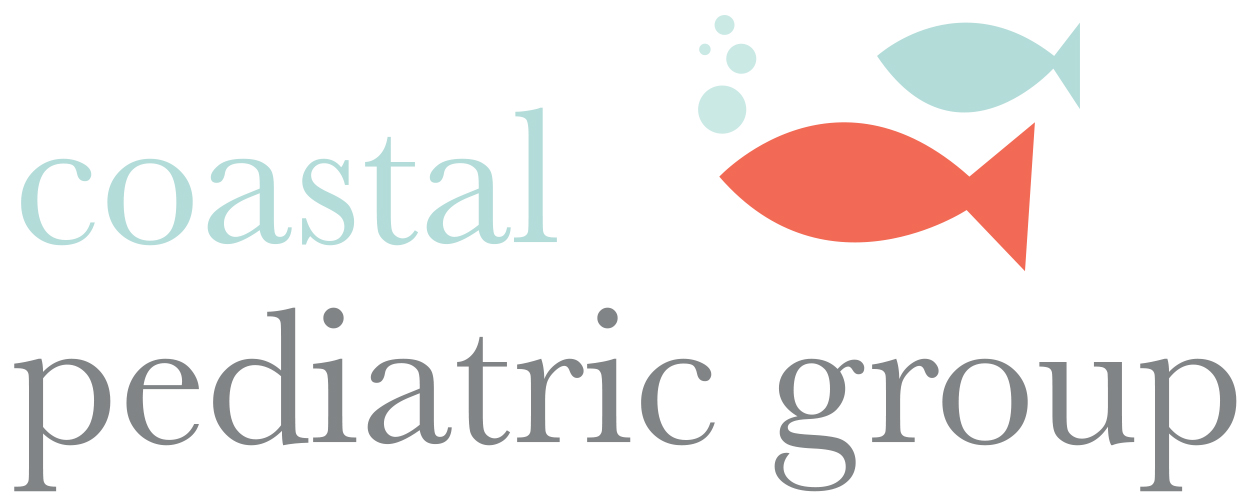2 Year Old Check-Up
(Children 24 – 36 Months Old)
Two year olds are able to do more things by themselves, but still need close supervision. Your child’s vocabulary is increasing rapidly, and should be starting to say two words together, running, climbing stairs, kicking a ball, and is learning the names of body parts. Your child will enjoy “imaginative play” and you should encourage them to pretend. Toys like pots and pans, toy tools, and dress up clothes are a lot of fun for kids in this age group. Take some time every day to read with your child, this provides close one on one time for you and your child, and helps them prepare for school.
Children in this age group are becoming more and more independent, and as their skills and understanding of the world around them increases, they try to gain more control and want to get their way. As children become more willful, conflicts can arise between the child and parent. Conflicts can often be avoided or minimized with a few simple steps. First, be very consistent when you make and enforce rules, children are much more likely to follow rules if they have a clear understanding of what the rules are and if they know what will happen when the rules are not followed. Second, avoid situations that cause conflict, for example; if you child has a special toy that they do not like to share with others, put it away when other children visit. Third, keep discipline short and to the point, saying “time out for biting” and placing your child in time out is much more likely to be effective than a long discussion about not hurting others and oral hygiene. Remember, the world is still very new to your child and they are still learning which behaviors are safe and acceptable and which behaviors are not. The goal of discipline is to teach your child safe and acceptable behaviors, not to punish.
Some children are ready to potty train by this age, others will not be ready for over a year, and both of these patterns are very normal. Children are ready to start toilet training when they can tell you when they are about to urinate or have a bowel movement, when they are less tolerant of wearing dirty or wet diapers and want to be changed when their diaper is full, and when they have a word for urination (“number one”) and defecation (“number two”). We have sheets with more detailed instructions on toilet training that are available, just ask.
Children in this age group are more likely to have serious medical problems or death from accidents than from any other cause in this age group. Your child should be in the car seat any time you are in the car. Make sure all cleaning solutions, small objects, plastic bags, sharp objects, medications, and firearms are stored out of your child’s reach. Cook on the back burners and keep your child out of the kitchen while you are cooking. Keep the poison center’s number next to your phone. The number is 1-800-222-1222. Lock all doors that go outside, down stairs, or lead to dangerous areas like workshops.
Two year olds are often picky eaters. As long as your child is growing well, you should not be concerned if your child does not eat very much. Offer your child a variety of healthy foods at mealtime, and if you child does not eat what you have prepared, they will eat at the next meal. Try to avoid conflicts over food. Offer foods in small portions with frequent refills on the small portions.
Your next appointment will be at 3 years old
